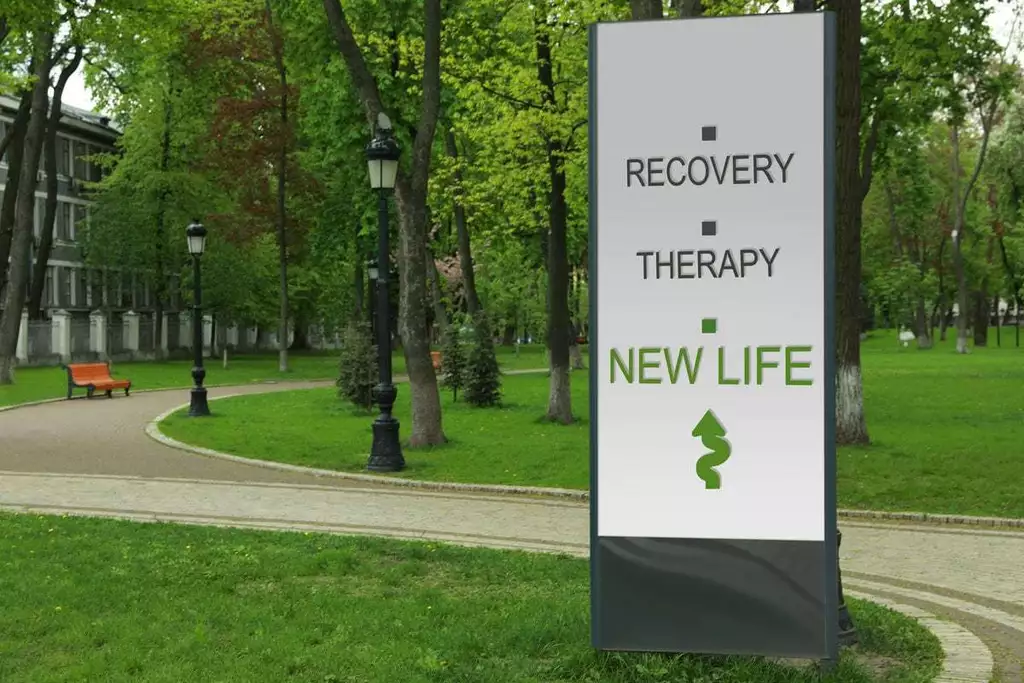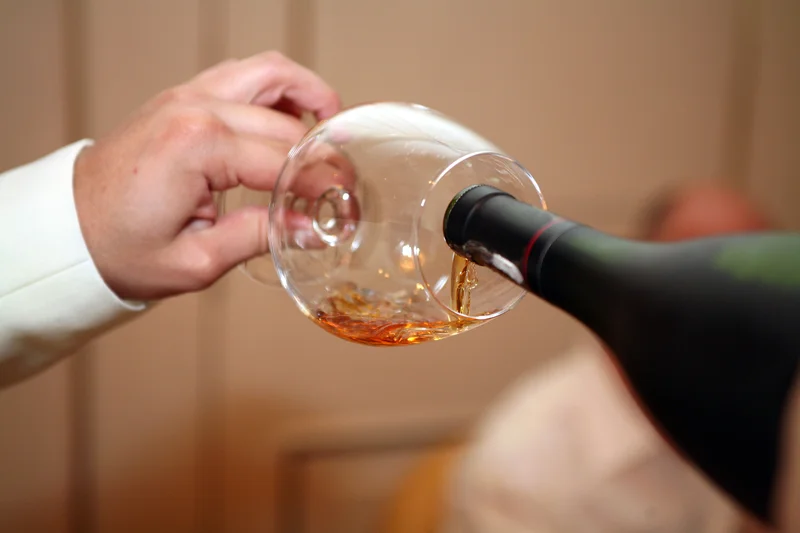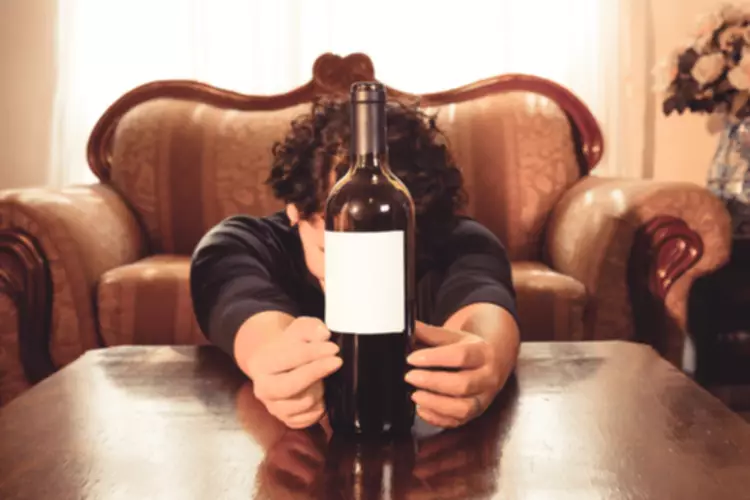
When you consume alcohol, and it suppresses vasopressin, your body starts losing more fluid than usual through increased urination. This rapid loss of fluids triggers your body’s thirst response as it attempts to encourage fluid intake to compensate for the dehydration. One of the most common pieces of advice given during a night out is to drink plenty of water to avoid a headache the next day. However, in reality, water alone doesn’t play as significant a role in preventing hangovers as we’ve been led to believe. For a detailed explanation of how alcohol is metabolized, feel free to check out our blog here. In short, simply drinking more water and taking electrolytes are not sufficient to enhance the alcohol metabolism rate and eliminate hangover symptoms.

Psychotherapy Strategies for Maintaining Bipolar Disorder Health

The more you indulge in your favorite alcoholic beverages, https://ecosoberhouse.com/ the more likely you are to lose water through exhalation. Diuretics are compounds that promote diuresis, the excessive passing of urine, which stimulates the kidneys to produce more urine than usual. This makes you lose precious water and electrolytes (essential minerals) much faster. And while chips and popcorn are mainstays at BBQ’s, it’s best to limit your consumption of them. Too much sodium increases fluid loss as your body tries to flush it out.
Maintain Optimal Hydration with DripDrop and Save 25%
There are, however, some studies to suggest that alcohol may have some other health benefits when enjoyed in moderation. For example, one study, published in July 2021 in BMC, Medicine found that moderate consumption of any type of alcohol decreased risk of death in those with preexisting heart disease. Additionally, red wine is well known to contain resveratrol, an antioxidant that Mayo Clinic points out may decrease inflammation and play what is Oxford House a role in decreasing the risk of heart disease.
The Life-Saving Power of Staying Connected: Why Alumni Programs Prevent Returning to Use
The frontal cortex is the brain’s center for higher-order functions like planning, decision-making, and impulse control. Alcohol disrupts frontal cortex functioning, leading to poor judgment, difficulty weighing options logically, and increased impulsivity. Alcohol increases the production of stomach acids and can lead to reflux (stomach acids backing up into the esophagus and the throat). Alcohol also irritates the stomach lining, leading to inflammation (gastritis), which can make you feel nauseated and throw up. By promoting the release of these feel-good neurotransmitters, alcohol temporarily amplifies feelings of joy and lightheartedness. The first step in alcohol addiction treatment involves safely managing withdrawal symptoms through medical detox or holistic detox.
- Acetaldehyde is a metabolic byproduct of alcohol consumption (we talk about it on our technology page for good reason).
- Skin redness from alcohol typically fades away as the effects of alcohol wear off.
- Our Hangover IV therapy starts with a Myer’s cocktail base, which includes a mixture of fluids, electrolytes, and other great stuff the body can always use.
- This formula is designed to promote hydration and restore the body’s fluid balance.
- The water we drink today is either tap water (full of chlorine and other chemicals) or filtered water (completely stripped of mineral content).
Ways to Stay Hydrated While Drinking Alcohol
Sipping on one whisky all evening will likely mean you ingest less alcohol overall than three or four standard glasses of wine. Diluting a vodka with soda will also mean it’s more hydrating overall, though it’ll still have diuretic effects. When a hangover is present, the body is technically going through an early stage of withdrawal. Whether you only drank that one night or are in the stages of alcoholism, the brain was adjusting to the alcohol you were drinking. When the alcohol is processed, the brain attempts to restore balance, which can lead to increased anxiety and stress after a night out.
Is it better to hydrate before or after drinking?
- It’s important to drink water alongside alcohol to compensate for the dehydrating effects.
- When this occurs, you’ll urinate some of the water your body had stored beforehand, leaving you more dehydrated than you were before.
- So don’t mix your alcohol with these or drink them between alcoholic beverages.
- Knowing and listening to your own body is the best way to prevent a hydration mishap — or really, any medical mishap.
Dehydration can also impair cognitive function, including memory, attention, and decision-making abilities. Studies have shown that being dehydrated by just 2% can lead to impaired performance on tasks that require attention and psychomotor and short-term memory skills. If you experience any of these symptoms, seek medical attention immediately. Dehydration can be dangerous and even life-threatening if left untreated.

As you drink an alcoholic beverage, alcohol moves into your bloodstream through the stomach and small intestine. The initial signs of liver damage from alcohol misuse may include fatigue, unexplained weight loss, and a general feeling of being unwell. Some people experience mild abdominal discomfort, jaundice (yellowing of the skin and eyes), and dark urine.
FAQs about alcohol and hydration:
Unlike water and electrolytes, these essential ingredients are not always readily available for consumption during a night out. That’s why integrating Jelly IV into your routine can be highly beneficial. This formula is designed to promote hydration and restore the body’s fluid balance. By incorporating Jelly IV into your night-out routine, you can reduce the severity of hangovers, combat dehydration, and support overall wellness, ensuring you feel refreshed the next day.
shop your all day essentials
Yes, beverages with higher alcohol content, such as spirits, tend to dehydrate you more than lower-alcohol drinks like beer or wine. That splitting headache you wake up with after a fun night of drinking might not be entirely due to dehydration. Some people may react to the tannins in wine, does alcohol dehydrate you while others are sensitive to ethanol, the chemical found in alcohol that causes vasodilation, or the dilation of blood vessels. A bottle of whiskey on the mountain after a full day of skiing and snowboarding sounds like a dream. If you’re drinking at altitude (and you’re not used to it!) remember that dehydration is a much bigger concern.
If you alternate alcohol and water as you drink, you slow your intake of alcohol. This may give your liver more time to metabolize it, but that can also be accomplished by simply drinking more slowly. Dehydration is when the body does not have sufficient amounts of fluid to function effectively. Some cocktails can take a toll on your hydration because of additional ingredients. “If you pair alcohol with another diuretic substance such as caffeine, you may naturally urinate more and become even more dehydrated,” Dr. Alexa Mieses Malchuk, M.D., a family physician, tells Bustle. So that espresso martini or Irish coffee might end up making you need the bathroom.
